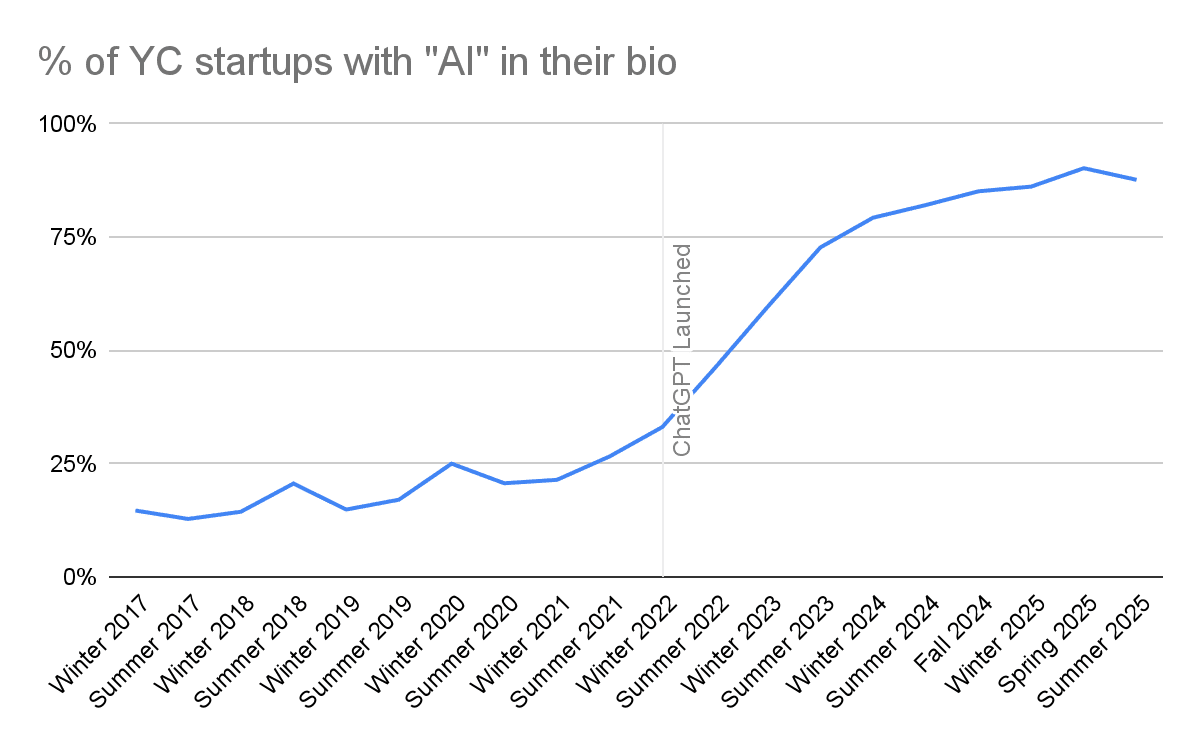Concisely,
I've just released the book Uncontrollable: The Threat of Artificial Superintelligence and the Race to Save the World
- It's an engaging introduction to the main issues and arguments about AI safety and risk. Clarity and accessibility were prioritized. There are blurbs of support from Max Tegmark, Will MacAskill, Roman Yampolskiy and others.
- Main argument is that AI capabilities are increasing rapidly, we may not be able to fully align or control advanced AI systems, which creates risk. There is great uncertainty, so we should be prudent and act now to ensure AI is developed safely. It tries to be hopeful.
- Why does it exist?
There are lots of useful posts, blogs, podcasts, and articles on AI safety, but there was no up-to-date book entirely dedicated to the AI safety issue that is written for those without any exposure to the issue. (Including those with no science background.) - This book is meant to fill that gap and could be useful outreach or introductory materials.
- If you have already been following the AI safety issue, there likely isn't a lot that is new for you. So, this might be best seen as something useful for friends, relatives, some policy makers, or others just learning about the issue. (although, you may still like the framing)
- It's available on numerous Amazon marketplaces. Audiobook (edit) now available and Hardcover options to follow.
- It was a hard journey. I hope it is of value to the community.




It's a tricky balance and I don't think that there is a perfect solution. The issue that both the Title and the Cover have to be intriguing and compelling (also, ideally, short / immediately understandable). What will intrigue some will be less appealing to others.
So, I could have had a question mark, or some other less dramatic image... but when not only safety researchers but the CEOs of the leading AI companies believe the product that they are developing could lead to extinction, I believe that this is alarming. This is an alarming fact about the world. That drove the cover.
The inside is more nuanced and cautious.